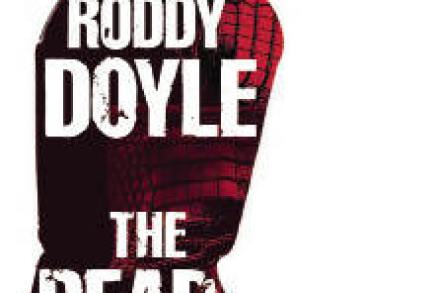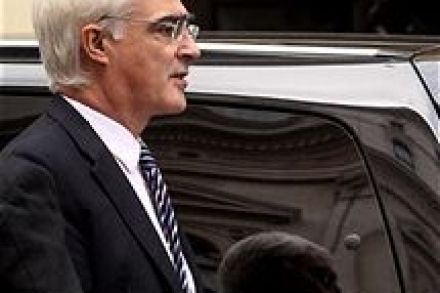Irishman of the Year
Step forward a TD, no less! Fine Gael TD Michael Ring said the Irish government should “hand back” the Republic to the Queen during a royal visit next year. The County Mayo representative also suggested that the government should apologise to her for the “mess” they have made of the country. Mr Ring made the comments during an economic debate at the Irish Parliament. He said: “Now look at the mess we’re in and look at the mess this country is in.. Next year the Queen is talking about coming to Ireland for a state visit. “Maybe we should say to the Queen when she comes ‘you know, we have





